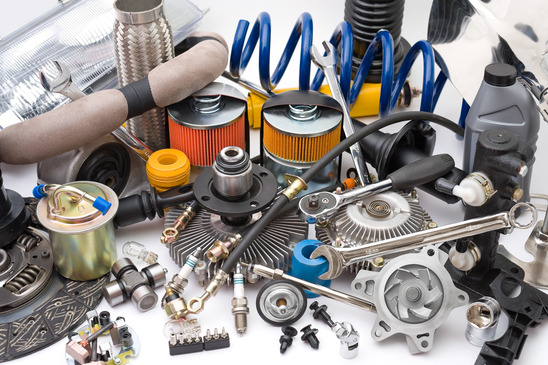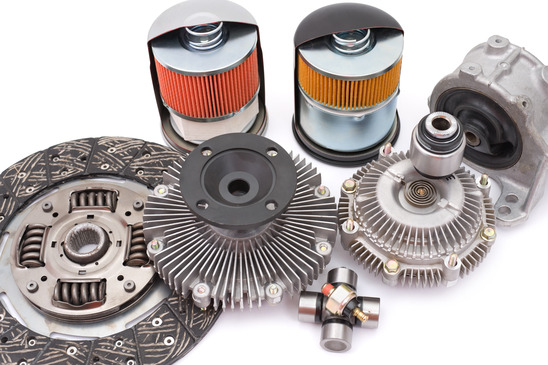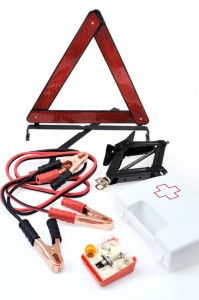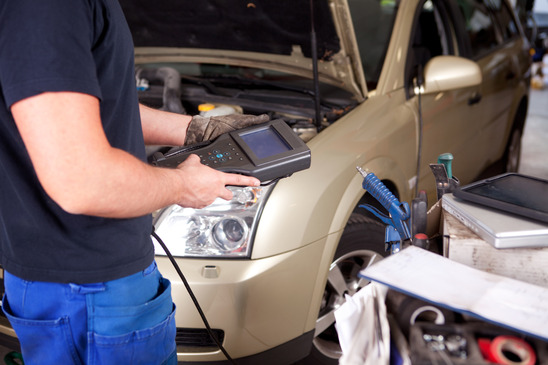
In order to save a few dollars, you may be tempted to set up and perform simple routine maintenance on your car at home in your garage. How difficult can it be?
And while some jobs may seem simple for the do it yourselfer, remember that cars can be dangerous for you and your family. While it is a feasible way to save money, if you are going to perform your own auto repairs, it is essential for you to be safe. The following auto repair safety tips will help you avoid accidental injury.
- Never perform repairs that are beyond your scope of expertise. In other words, if you truly do not know how to make the repair, let a professional do it for you. [Read more…]




 male customer base, others are embracing the fact that women now take control over many things in their family’s household … including their automobiles.
male customer base, others are embracing the fact that women now take control over many things in their family’s household … including their automobiles.


